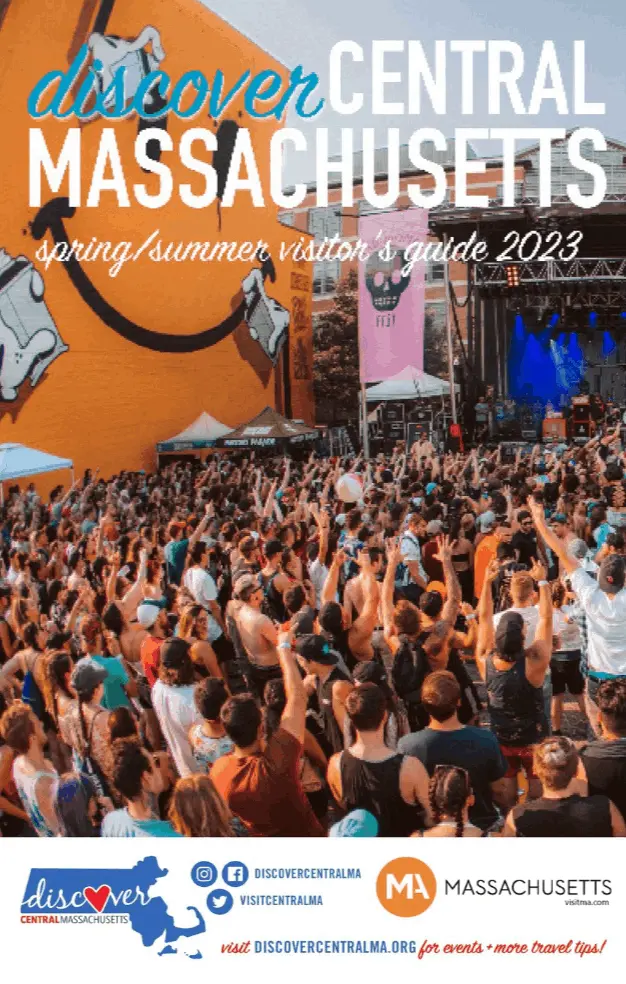Discover Worcester: New England Charm and Urban Energy at the Heart of Massachusetts
Gently nestled in the heart of the Commonwealth of Massachusetts, Worcester, otherwise known as the "Heart of the Commonwealth," is a city that captures the quintessential New England charm with a dynamic urban energy. As you fly over, you're greeted by a delightful panorama - sprawling, lush green landscapes crisscrossed by rivers, dotted with historic buildings, and punctuated with rolling hills. On a clear day, you can spot the majestic Mt. Wachusett in the distance and the shimmering Quinsigamond Lake that lies beautifully nestled in the city's expanse.
The city is located in the Northeast region of the United States, amidst a blend of urban vibrancy and natural beauty that characterizes Massachusetts. Worcester's strategic location, rich history, and strong sense of community have earned it national recognition. Notably, U.S. News & World Report included Worcester in its "125 Best Places to Live in the USA" rankings in 2023, praising its thriving healthcare and education sectors.
Worcester's vibrancy stems from its diverse populace, a myriad of cultural institutions, and an array of intriguing facts. Did you know, for instance, that Worcester is home to nine colleges and universities, including the highly respected University of Massachusetts Medical School? It's also the birthplace of the iconic Valentine's Day card and the innovative smiley face.
Just a short drive from Worcester are the breathtakingly serene New England shorelines, while the city itself is dotted with numerous parks and green spaces, such as the Worcester Common and Elm Park. The climate is a delightful mix of four distinct seasons, offering crisp falls, snowy winters, blooming springs, and sun-soaked summers. You can expect an average of 200 days of sunshine per year, perfect for outdoor activities.
Worcester's economy is robust, boasting a thriving healthcare sector, a blossoming biotech industry, and a vibrant arts scene. The city houses several notable businesses such as The Hanover Insurance Group and Saint-Gobain, attracting people from far and wide for work opportunities. Its proximity to Boston (approximately 47 miles), a global hub for education, healthcare, and technology, adds to Worcester's allure.
Logan International Airport in Boston, the nearest international airport, is a mere hour's drive away. The airport provides numerous non-stop direct flights globally, including major cities like New York, London, Tokyo, and many more, making both national and international commute a breeze.
Worcester, with its blend of historic charm, vibrant cultural life, and flourishing economic sectors, is a magnet for professionals across various fields, particularly physicians. Its nationally recognized healthcare sector, strong sense of community, and enticing New England charm make it a compelling place to call home.
